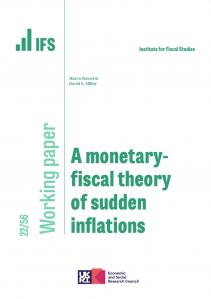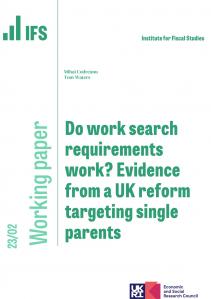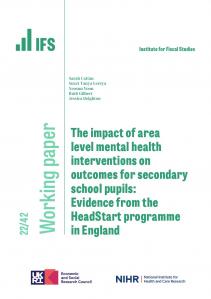Today’s ONS government borrowing figures suggest that the public sector ran a surplus of £16.7 billion in January. This is much bigger than the £7.5 billion surplus it ran in January 2023, and is the biggest January surplus on record.
Back in November, the Office for Budget Responsibility (OBR) forecast an even bigger surplus of £18.2 billion for January 2024. So, it is no surprise that the surplus was bigger than a year ago or that it is a record. The bigger surplus than last January is driven by the closure of energy support schemes, a reduction in debt interest spending as inflation has fallen and growth in receipts from corporation tax, income tax and National Insurance contributions.
Borrowing was £1.6 billion higher-than-forecast due to these provisional estimates suggesting receipts from self-assessment coming in below the OBR forecast.
- Self-assessment income tax receipts came in £21.6 billion, which is £2.4 billion below the OBR forecast of £24.0 billion.
- Capital gains tax came in at £11.4 billion, which is £1.2 billion less than the £12.6 billion forecast by the OBR.
Offsetting this, recent falls in inflation led to central government spending on debt interest coming in at £4.4 billion, which is £2.7 billion less than the £7.1 billion forecast by the OBR.
Martin Mikloš, a research economist at the IFS, said:
“Despite the public sector running a record January surplus, and one that is much bigger than a year ago, weaker than expected receipts from self-assessment meant it is actually below that forecast by the OBR in November. Better news for the Chancellor was a downwards revision to earlier figures which overall leave borrowing over the first ten months of this financial year £9.2 billion below the £105.8 billion forecast.
While lower borrowing over the last ten months is welcome news, as the OBR prepares a new set of forecasts for the upcoming March Budget much more important will be the judgement they make on the outlook for growth and inflation. With public services under strain, pressures to offset some of the record-breaking tax rise seen since 2019, and the need for a credible plan to get debt on a falling path the Chancellor’s forthcoming Budget will not be an easy one to navigate.”









